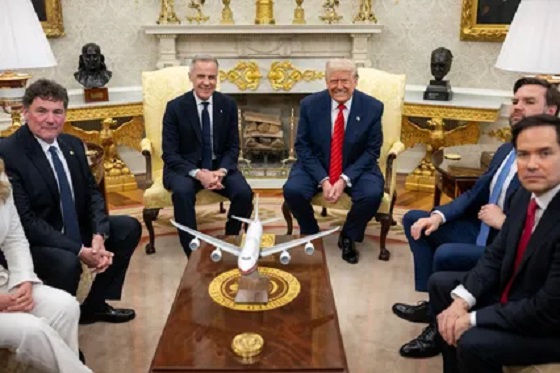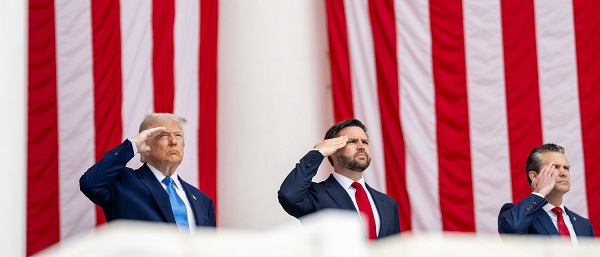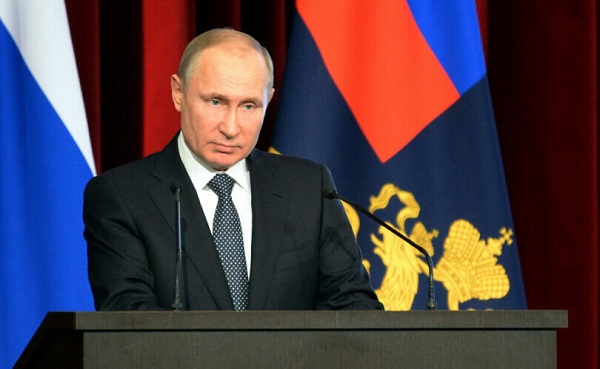From The Center Square
“They say they will not be blowing up ships anymore, and that’s the purpose of what we were doing”
During a meeting with Canadian Prime Minister Mark Carney and reporters Tuesday, President Donald Trump announced that the U.S. is ending its bombing campaign against the U.S.-designated Yemeni foreign terrorist organization, the Houthis.
“We had some very good news last night. The Houthis have announced… that they don’t want to fight anymore. They just don’t want to fight. And we will honor that and we still the bombings,” Trump said.
The Houthis began launching coordinated attacks on U.S. ships in the Red Sea in 2023. The Houthis have repeatedly conducted missile and drone strikes on American merchant and war ships since then, aligning themselves with Iranian terrorist groups and citing America’s support for Israel in the Israeli-Palestinian conflict as a reason for the attacks.
Through an executive order signed on his second day in office, Trump re-designated the Houthis as a foreign terrorist organization and began an aggressive campaign against them. Former National Security Adviser Mike Waltz accidentally included Atlantic editor-in-chief Jeffrey Goldberg in a Signal messaging thread containing details of U.S. strikes against the Houthis in March. The administration recently moved Waltz to its United Nations ambassador role and put Secretary of State Marco Rubio in charge of the National Security Council. Rubio will hold both positions.
Trump’s administration has repeatedly touted its victories against the Houthis as a sign of its strength, but Trump exhibited a slightly gentler attitude toward the group Tuesday.
“They have capitulated, but more importantly, we will take their word. They say they will not be blowing up ships anymore, and that’s the purpose of what we were doing,” Trump said.





















